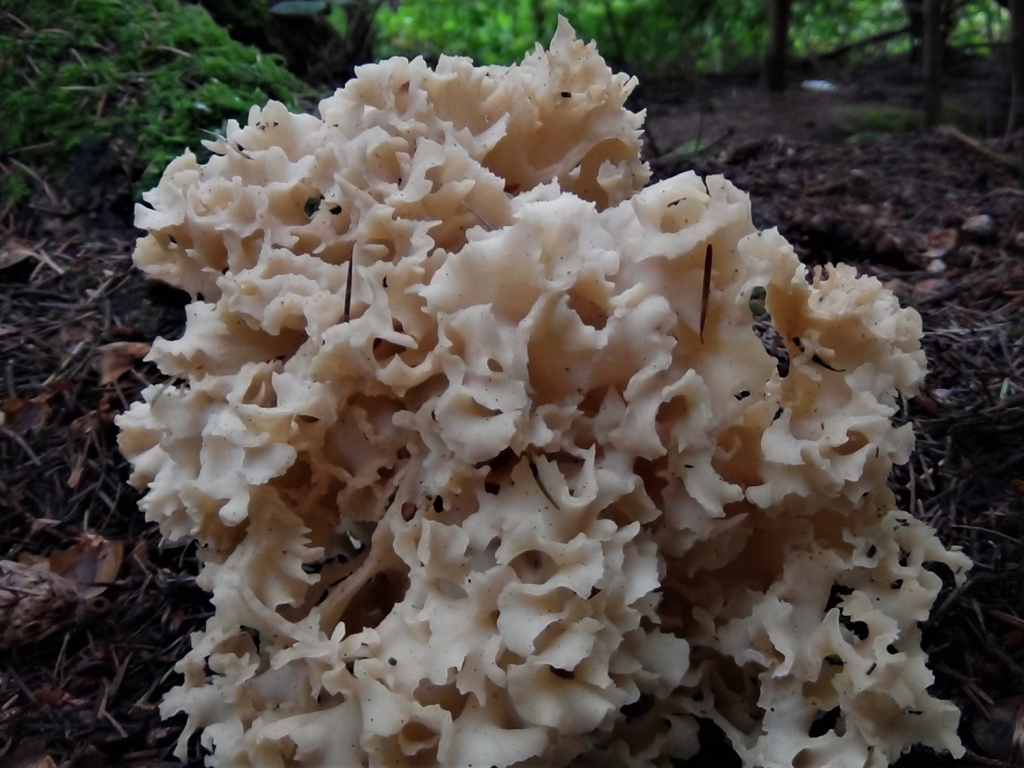
A post principally about our friends the neurons and the fact that they communicate both inside and outside our brain. But how….and why?
We are told that our brain is uniquely responsible for so many extraordinary things. Not only does it remember, it processes, rationalises and comprises our ‘thinking’ consciousness. Unlike the loss of a leg or arm, without our brain we are lost. But is there more going on in relation to cognition than we currently realise? Whilst our brain is critically important as a processor of sensory information, from whence does it really get its commands? ‘How does the human brain, a bio-physical object, create thoughts and emotions, consciousness, subjectivity, experience? How can the material create the immaterial?’ – Arthur S Reber
New research from NERF published in the journal Science suggests that ‘the spinal cord modulates and finetunes our actions and movements by integrating different sources of sensory information, and it can do so without input from the brain. Indeed neuronal activity in the spinal cord resembles various classical types of learning and memory.’
In my posts of May 2022 Gut Reaction and December 2023 Bossed by Bacteria I examined how our gut microbiota, one of life’s great survivors, communicates two ways with the human brain (gut-brain axis) via the vagus nerve. And we comprise a lot of bacteria. The authors of Vagus Nerve and Underlying Impact on the Gut Microbiota-Brain Axis in Behavior and Neurodegenerative Diseases observe that we are home to 4 trillion microbes with more than 1000 species. 99% of our genetic composition is located in our intestinal microbiota.
They went on to describe the vagus nerve as having ‘ an important role in the signal transmission between microorganisms and the brain’, and stated ‘the projection of the vagus nerve to other parts of the brain …produces various behavioural and psychological effects’.
In correspondence this week with the intellectually generous mycologist at Miami University in Oxford, Ohio Professor Nicholas Money, I asked the question, ‘given mycelial expressions of consciousness, including sensitivity, decision making, learning, and memory; and the discovery of positive interactions between mycorrhizal fungi and bacteria -might we be underestimating the role and function of our resident bacteria?
- Might gut bacteria, in communicating with the human brain, be in part responsible for an aspect of human consciousness?
- Might we be mistaken in viewing ourselves as the host, and bacteria as the guest? Have we (and other life-forms) evolved as agents for and by bacteria and/or mycelium?
- Are we simply part of their evolutionary cycle?
Nik Money replied, ‘The concept of microbial consciousness is very provocative as long as one does not take it too far into the land of make believe and, for example, tremendously wishful thinking about cooperative behaviour in nature (not that you are doing this). I hope that my article, at least the one that I published in “Fungal Biology” emphasized the importance of language and the idea that consciousness can be viewed as something that exists throughout life, from the simplest cells to something as magnificent* as Homo sapiens. (*Not so much: see “The Selfish Ape.”) This cautiousness about consciousness existing along a continuum of sensitivity applies to the question of mind control by the trillions of bacteria (& billions of fungi) in our guts. It seems plausible that they alert us to the fact that they are hungry, to which we respond by feeling hungry and eating breakfast. We are then, in a sense, farmed animals.
Out there (and you may be one of them) are those existentialists who do not subscribe to a binary world but see all life, and indeed energy, as a single continuum and presence – of which the human consciousness is just an integral part. Whilst they recognise their ‘being’, they regard themselves as an element of a universally connected whole. Moreover, they often present as very happy people. Are they deluded? And might, at the root of all life, it be a fungus or bacteria that binds us all together and makes us what we are?
Advertisements appearing within or below this post are placed by the platform not the writer. They are neither endorsed nor monetarised.
*
*
*
*